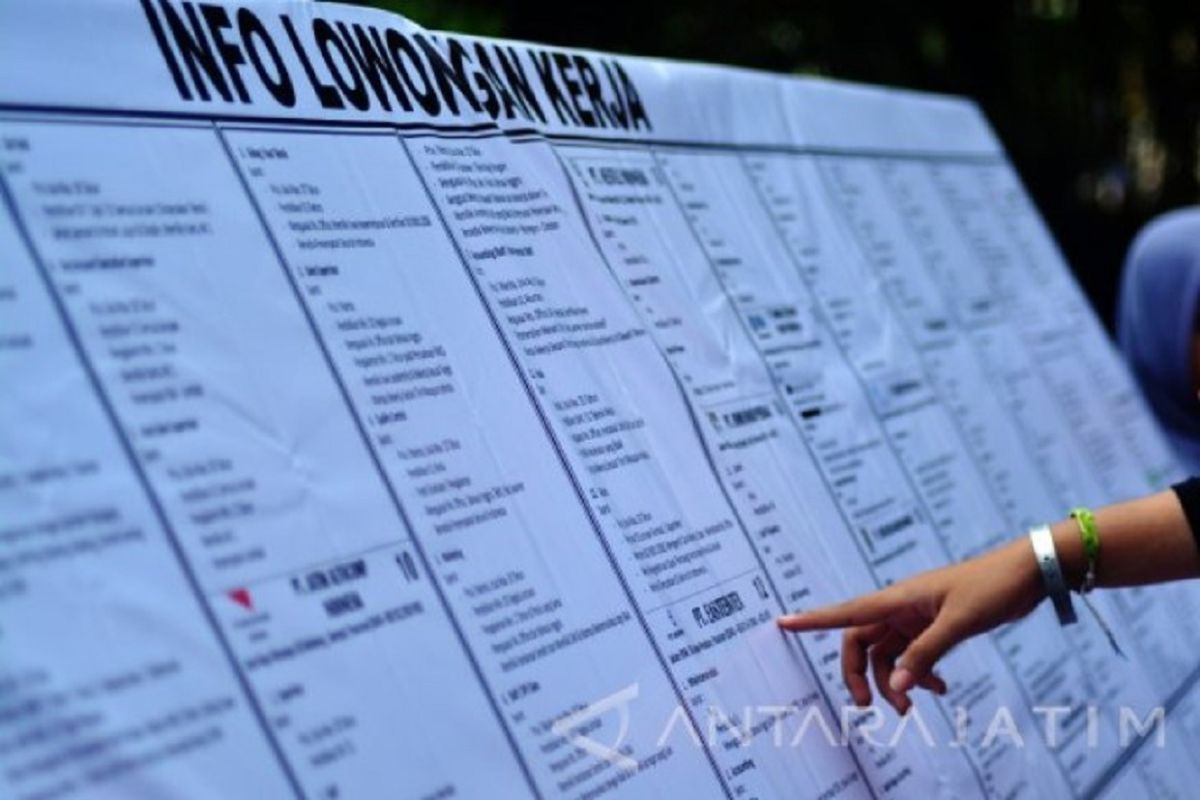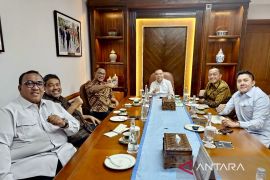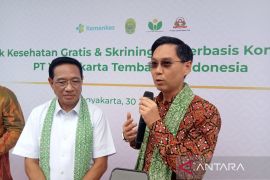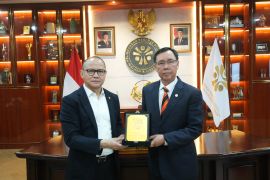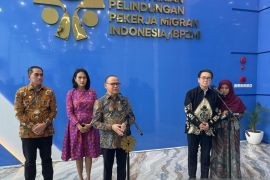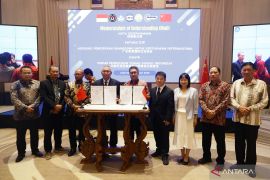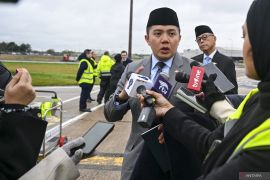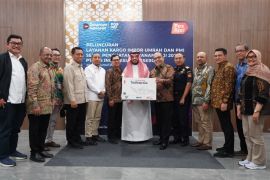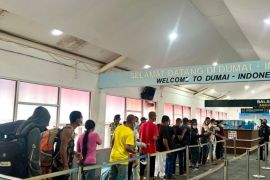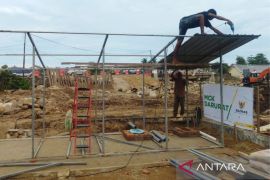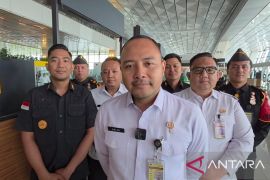In this context, this task force is not only a reactive measure against the threats of layoffs but also a catalyst for changing the paradigm of industrial relations in Indonesia.
Instructions for forming the task force, which the president conveyed at an economic forum on April 8, opened opportunities for synergy among various strategic parties: the government, business players, workers, and experts.
This initiative deserves appreciation, as it reflects a collective awareness that employment issues cannot be tackled unilaterally.
However, the question remains: how effectively will this task force operate in the long term? How can it be ensured that it does not merely become a political symbol to calm unrest but also plays a genuine role in guaranteeing the future of workers?
It is crucial to recognize that today's layoff challenges arise not only from stagnant conventional employment relations but also from the fast-moving transformation of the global economy.
For instance, US President Donald Trump's protectionist policies not only affect Indonesia's exports but also influence long-term risk perception regarding investment and employment.
Therefore, efforts to prevent layoffs cannot rely solely on short-term compromises, such as reducing working hours and offering temporary incentives.
A systematic and anticipatory approach rooted in national industrial resilience and workers' adaptability is essential.
It is also important to ensure that the unemployment insurance program of the state workers' insurance provider BPJS Ketenagakerjaan runs optimally.
However, it must be accompanied by a thorough evaluation of the program's effectiveness in the field to determine whether it truly reaches those who suddenly lose their jobs and whether the disbursement process is easy and fast. Otherwise, unemployment insurance risks becoming an empty promise.
Strategically prepared
Mapping potential new job markets is also vital. This is a measure that should be put forward, as it offers an opportunity for those affected by layoffs to avoid falling into despair.
Reskilling and upskilling programs should be strategically designed, not just as normative training but tailored to the needs of new, growing job markets, such as the digital economy, renewable energy, and modern agribusiness.
This approach will not only help workers survive job losses but will also prepare them to compete for future employment.
The existence of tripartite personnel (government, employers, and labor union representatives) in the task force demonstrates a commitment to representation.
However, for this task force to be effective, it must go beyond serving as a coordination forum or complaint post.
It needs a strong mandate to execute policies, provide direct recommendations to the president, and intervene in cases of unfair mass layoffs.
This requires establishing an employment data analysis unit capable of detecting early signs of layoff risks in specific industries.
One proposal that can be considered is integrating company data, financial status, and industrial relations records into the Layoff Task Force's early detection system.
With such a system, the government can prevent layoffs with policy interventions before a crisis occurs.
For example, if a company's production or sales decline for three consecutive quarters, the task force can immediately intervene to discuss solutions with the company and workers.
This aligns with statements from the Director General of Industrial Relations and Social Security for Workers of the Ministry of Manpower, Indah Anggoro Putri, which indicated the Layoff Task Force will address not only layoffs but also anticipatory steps related to job expansion.
The upcoming International Workers' Day on May 1, with its commemoration event planned at the Gelora Bung Karno Min Stadium and attended by President Prabowo, marks a strategic momentum to announce the government's vision for the future of Indonesia's employment sector.
The president's presence at the event should not merely serve as a political symbol but should be accompanied by a declaration of concrete commitment to reform in employment regulations that are fairer, substantial investments in job training, and the formation of an industrial ecosystem that supports the continuity of jobs.
Amid global uncertainties, Indonesia requires a firm stance to protect its workforce through data-driven, forward-looking, and socially just policies.
If managed with a long-term vision, the Layoff Task Force has the potential to symbolize a new era in Indonesia's industrial relations. This new era would move beyond relationships marked by suspicion between employers and workers, fostering instead a strategic partnership for national economic resilience.
Therefore, this nation needs not just a task force to address layoffs, but one that shields the respect for work, supports social justice, and safeguards the nation's future.
Related news: Indonesian govt meets with labor unions to discuss layoff task force
Related news: Prabowo seeks layoff task force to address US tariff implications
Related news: Government ramps up support for laid-off workers with DTSEN: Minister
Translator: Hanni Sofia, Raka Adji
Editor: Azis Kurmala
Copyright © ANTARA 2025
